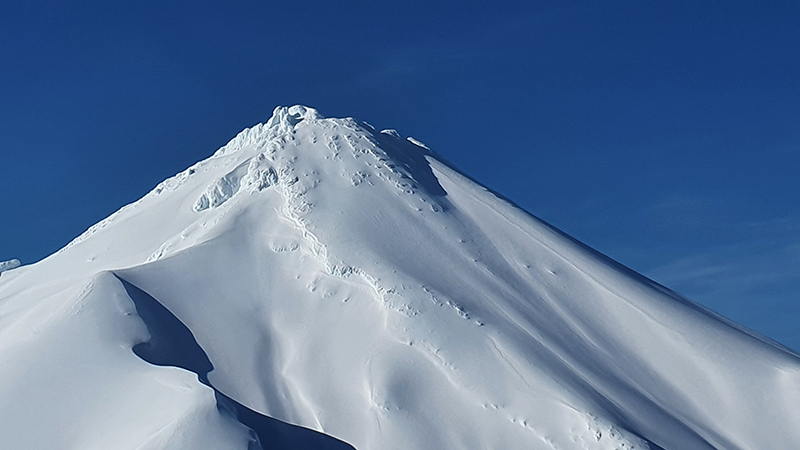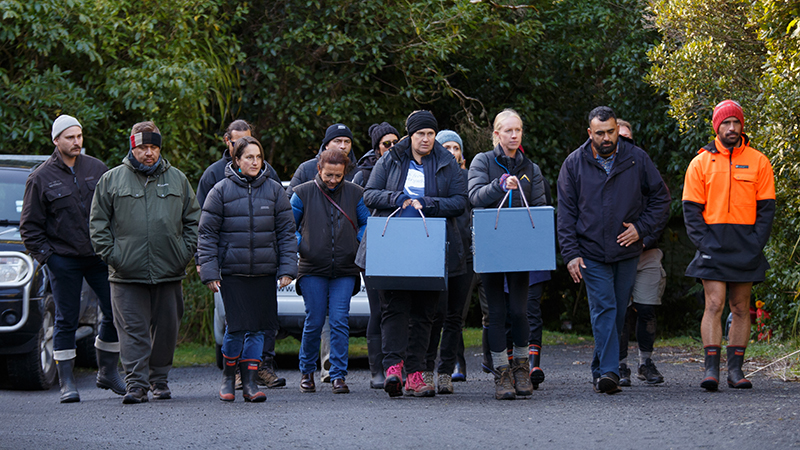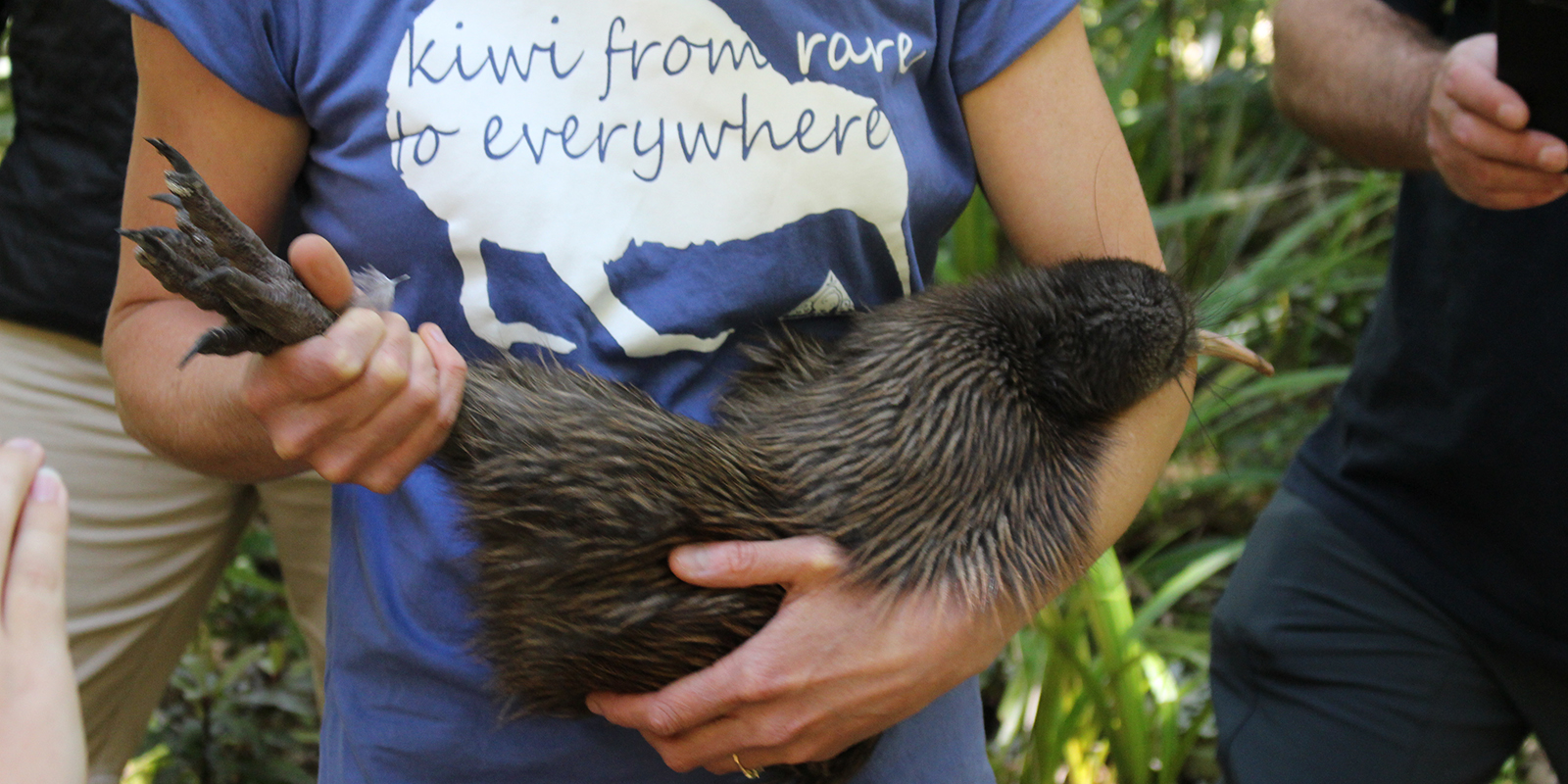

The Trust has been monitoring kiwi in Te Papakura o Taranaki (Egmont National Park) for many years and since 2017 has been partnered with Taranaki Mounga Project (TMP). TMP is an ambitious landscape restoration project partnering with iwi of Taranaki, agencies and the community to get rid of predators and pests from the mountain, ranges and islands of Taranaki. Now in its 7th year, the project aims to transform the ecological resilience of the area involved to reflect the importance of the Mounga long into the future, and uplift and improve the wellbeing of the communities around it.
TKT has had direct involvement in the release of one hundred and twenty two kiwi into Te Papakura O Taranaki (2005-2021) to join the small remnant existing population. Every five years listening surveys are conducted to monitor kiwi population trends over time. Kiwi numbers on the mountain have remained steady since the mid 1990’s and efforts to increase the population size and genetic diversity are ongoing.
Taranaki Mounga Project engaged TKT to monitor 26 kiwi fitted with radio transmitters over a 3-year period to determine the survival rates and dispersal patterns of kiwi post release. The survival rate of 85% indicated most kiwi were surviving however, it also highlighted the need for continued mustelid control and prompted a review of the existing trap network and deployment of ferret traps around the eastern slopes of Mount Taranaki. As expected the young sub-adult kiwi dispersed far and wide after they were released with one young male traveling almost 14km. The adult kiwi that were released and monitored established territories quickly and in most cases bred in the first season post release.
TKT are now monitoring 13 adult kiwi on the mounga to keep an eye on survival and to gain a better understanding of breeding patterns on the mountain, plus a further 20 on the Kaitake Ranges released over the last three years.








31 Richmond Street
Inglewood, 4330
Postal Address:
PO Box 308
Stratford 4352
Phone: 027 454 0591
E-mail: admin@taranakikiwi.org.nz
Receive regular news and updates. Get involved in upcoming events and support the Taranaki Kiwi Trust.
Stay up to date, follow us on our social media channels;
The Taranaki Kiwi Trust is registered with the Charities Commission, Number CC22851. Therefore, donations and subscriptions made to the Trust over $5 are eligible for a tax rebate.